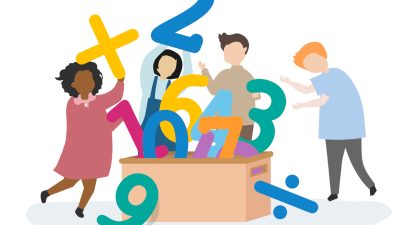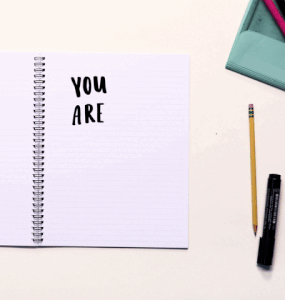Parenting(Age 5 to 8) | Academic | General | Parenting(Age 9 to 12) | Parenting(Age 13 to 16) | May 26, 2021
Dyscalculia: Math Learning Disability & Treatment

It is common to find children not willing to work on math and scoring less in the subject, being such a tricky one. However, when a child is trying his best to practice math and still not getting better at it while scoring good at all the others, it might be a reason of concern.
Sometimes we just blame it on the child that he/she is not working hard enough while there could be a problem the child has been going through. If a child is constantly not doing good in math while scoring well in the other subjects, there could be a chance that he/she is dealing with a math learning disability, known as dyscalculia.
Dyscalculia is a condition related to the brain in which it becomes hard to learn arithmetic. This kind of disability might run in families but there is no such proof of its relation with genes. Most of us aren’t even aware of this disability but the truth is that almost 7% of elementary school students are going through the condition of dyscalculia. According to researchers, dyscalculia is an issue just like dyslexia, which is a reading disorder. Sometimes dyscalculia can also be referred to as math dyslexia or math disorder. Also, it has been found that around 60% of people who have ADHD (Attention Deficit Hyperactivity Disorder) also tend to have a learning disorder like dyscalculia.
Causes of Dyscalculia
One thing that is frightening about this disability is the delay in detecting that a child is going through a difficult situation. This is where it is important to pick up the causes of this math disability. Here are some of the major ones to consider:
- The first cause is a cognitive deficit in numeric representation. It is a neuronal dysfunction that restricts the proper mental representation of numbers. Due to this, a child can face trouble decoding the numerical and the child would not be able to understand the correct meaning of any assessment or math problem.
- Another cause is a cognitive deficit which impacts the ability of the brain to store information. Children who are going through dyscalculia tend to have an issue in their neural connection which makes them unable to access the numeric information. The neural connections of such children pick an alternative route to access information, which is not common among people who do not have this disorder.
There are even several other causes related to the issue. Neurological maturation failures, neuro-biological brain disorders, and even memory problems related to the environment like maternal exposure to alcohol in the womb, or premature birth can be some of the causes.
Dyscalculia Treatment
Dyscalculia is very much confused with Dyslexia so before you start with any treatment process, be sure of what you are actually dealing with. You can reach out to the experts to get a full evaluation conducted to examine the learning differences. This is how you’ll be able to find if the child is going through Dyscalculia or Dyslexia or a mix of both.
The most effective way to treat dyscalculia is to diagnose it early. The earlier this issue is identified, the earlier that child facing this disorder can start learning the tools to understand a new learning process. This would even help in avoiding any delays in learning or issues of low self-esteem in the child.
You can get the help of educational psychologists, learning specialists, and neuropsychologists with having specialization in dyscalculia to help the child facing this issue. These professionals can support with:
- Math-based learning games
- Specially designed teaching plans
- Helping to practice math skills more often than other students
There are even ways through which you can help your child to build math skills at home. You can work on it after school or in the form of weekend activities. Another way to help kids learn is by playing board games which can be a great way to build math skills. You can research a little more to find some tools and applications that could help your kid get better at math skills.
Any child going through dyscalculia is a serious concern and might not only be affected academically but also emotionally. Such children need constant support so they never feel any less than others. This disorder is not something that cannot be corrected. A different learning plan and support can go a long way.
















Post a Comment: